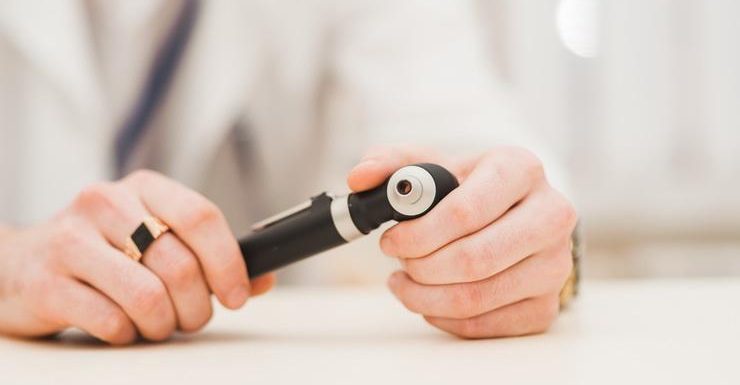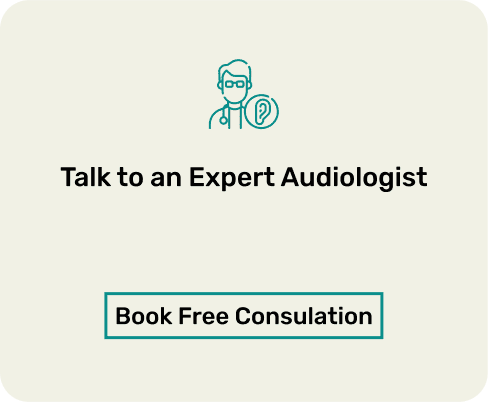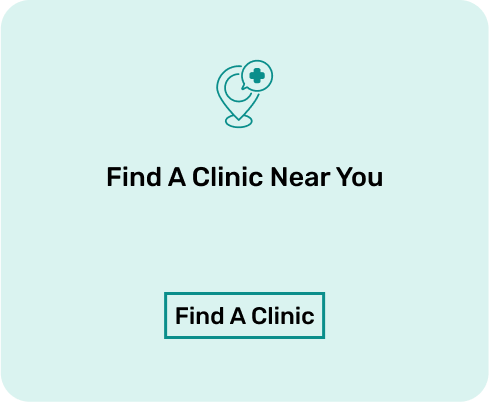The impact of hearing loss is not just physical – it influences the psychological well-being of an individual as well.
This can be attributed to the social stigma associated with hearing loss, especially about it being an age-related disease. This is also the reason why many affected individuals refrain from reporting their difficulties in hearing – they fear being ridiculed for asking others to repeat themselves or being cast out of social circles owing to their inability to participate in conversations or communicate effectively. This doesn’t just result in depression and other psychological issues, but might also be dangerous if the hearing loss is related to some serious, underlying problem.
The best and only recourse for seeking a solution to hearing loss problems is to consult an audiologist, also known as a hearing care professional. Tackling hearing loss is not just about getting a hearing aid and wait for it to work its magic! In fact, hearing aids may not even be needed in most hearing loss cases.
It is a complex process that involves diagnosing the type and severity of the hearing loss, understanding if there’s a need for hearing aids or if it can be tackled with medication or surgery, and helping the individual choose, and get used to, the right hearing aids.
Let’s understand the role an audiologist plays in helping an individual suffering from hearing loss get the correct hearing care.
How An Audiologist Helps In Getting The Right Hearing Care
It is important to understand that the audiologist’s role isn’t just limited to diagnosis. It extends even beyond finding the right hearing care solutions for the affected individual. In fact, it wouldn’t be wrong to say that an audiologist dons multiple hats when dealing with an individual suffering from hearing loss.
Here are the various ‘roles’ an audiologist plays in helping an individual find the best hearing care.

1. A Diagnostician
When an individual first suspects hearing loss, the audiologist will suggest to first evaluate if the hearing loss is indeed an audiological problem or if it has its roots in a more serious, underlying health issue. The audiologist will perform diagnostic tests on the patient and define the scope of the problem. It is only through these tests that an audiologist can ascertain the type and extent of hearing loss, and also if one or both the ears are affected.
While adults can easily provide feedback on hearing loss, it is difficult to expect the same from children, especially those below the age of 5 years.
This means that the audiologist needs to be exceptionally skilled and use evidence-based test procedures for hearing assessment in children. In addition to the skills, an audiologist must have the relevant equipment to perform the tests as well as have a family-friendly set up where social information may be obtained in a controlled and easy manner. The audiologist needs to have the ability to comfort the affected individual and put the parents or loved ones at ease while dealing adeptly with the many questions that they will have.
2. A Counsellor
Given the psychological impact of hearing loss on an individual, as well as his/her family, the audiologist must also become a counsellor to assist them through the process of tackling hearing loss. The audiologist gives information about the diagnostic tests, the support systems available, possibilities in managing the hearing loss, and is also generally available when needed.
Right from conveying the results of the tests and recommending the best intervention possible, to helping the individual understand the importance of treating hearing loss like any other disease that needs corrective actions and attention, an audiologist must shift between his/her roles of a doctor and counsellor. The audiologist needs to be able to maintain objectivity while handling sensitive issues. He must be non-judgmental and professional in demeanour.
Often the family will require counselling along with the patient in order to create a supportive environment at home. It is the audiologist’s job to identify the needs of the patient and provide suggestions for solutions to them. Also, he/she will need to help the affected individual get used to wearing hearing aids, and tune them to suit the unique requirements, lifestyle and environment of the individual.

3. A Researcher
Like every other field, the progress in technology translates into progress in audiology. Audiologists focus on understanding the functioning of the ear better and figuring figure out what causes hearing loss.
More research is conducted on improving the appliances that allow patients with hearing loss to hear, and on equipment that can more accurately test and diagnose audiological problems.
Research is also conducted in developing services that can help improve the quality of life for a person with hearing loss.
Paediatric services may include ways to help improve speech recognition as well as responding to sound. Speech-language programs are developed and tested to check for efficacy in helping patients.
4. An Educator
There is a fair amount of misinformation or outright ignorance when it comes to hearing loss, the prices of hearing aids, as well as general myths about hearing loss. A lot of hearing loss patients purchase hearing aids online, falling prey to the drastically lower prices without understanding what they are compromising on. Additionally, they may also not realise that the types of hearing aids differ with the types of hearing loss and that one size doesn’t fit all.
There’s also the need to consider an individual’s lifestyle and environment when choosing the hearing device. The audiologist needs to play the role of an educator, to help the patient understand these facts about hearing loss and hearing aids. This is also needed when dealing with children suffering from hearing loss since they need to be taught how to use their hearing aids or other devices, how to maintain them, and how to figure out if their hearing loss treatment is beneficial.

It is necessary to understand that hearing loss isn’t something to be taken lightly – it can hamper your professional and personal life. And it is also important to know that you cannot be your own doctor – an audiologist is the best person to determine if you have hearing loss, and how you can treat it.
If you looking for a certified audiologist to help you with your hearing woes, get in touch with Centre For Hearing today!
Call us on +91 9811227269 for a FREE CONSULTATION!


















